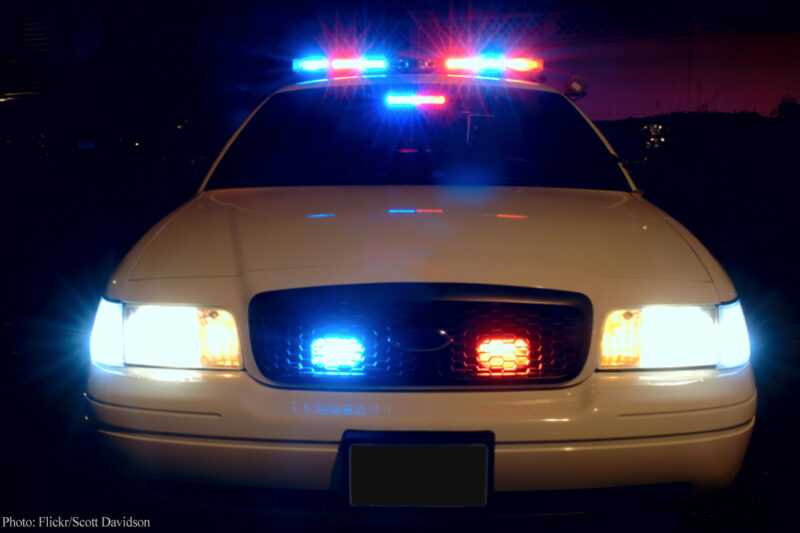
When we talk with police departments, policy advocates, and the press about police body cameras, two questions come up with great regularity. The first is “what does the national landscape look like in terms of the laws and polices being adopted?” and the second is “are there any good state laws and departmental policies you can point us to?”
Both questions lend themselves to a single answer.
The landscape on body cameras throughout the nation is mixed. On one side, we have some really bad state laws, like South Carolina’s and North Carolina’s, and departmental policies, like the LAPD’s. These laws and policies seem to be primarily focused on preventing the public from viewing body camera footage unless the government decides to release it. To that end, they acknowledge little to no public right to access the footage.
On the other side, we have laws and policies that not only demonstrate a strong commitment to both protecting privacy and promoting police transparency and accountability , but also get many other critical issues right, such as when cameras should be activated and deactivated and when members of the public should be notified they are being filmed. These balanced, well-considered policies are the good ones. They include the recently adopted New Hampshire body camera law, and the department-level policies of the Parker (Colorado) Police Department, Westmoreland County (Virginia) Sheriff’s Office, and Commerce City (Colorado) Police Department. Each of them bears a strong philosophical resemblance to the ACLU’s model bill for police body cameras, which we released in May 2015.
The takeaway from this analysis is simple but important. The ACLU has always said we do not support police body cameras in the abstract; rather, we support police body cameras if and only if the right polices are in place to govern them. The logical question that follows is whether state legislatures and local police departments are willing and able to adopt real world laws and policies that maximize the potential benefits of body cameras while minimizing their potential harms. The answer is yes. Now all we need are more of them.


